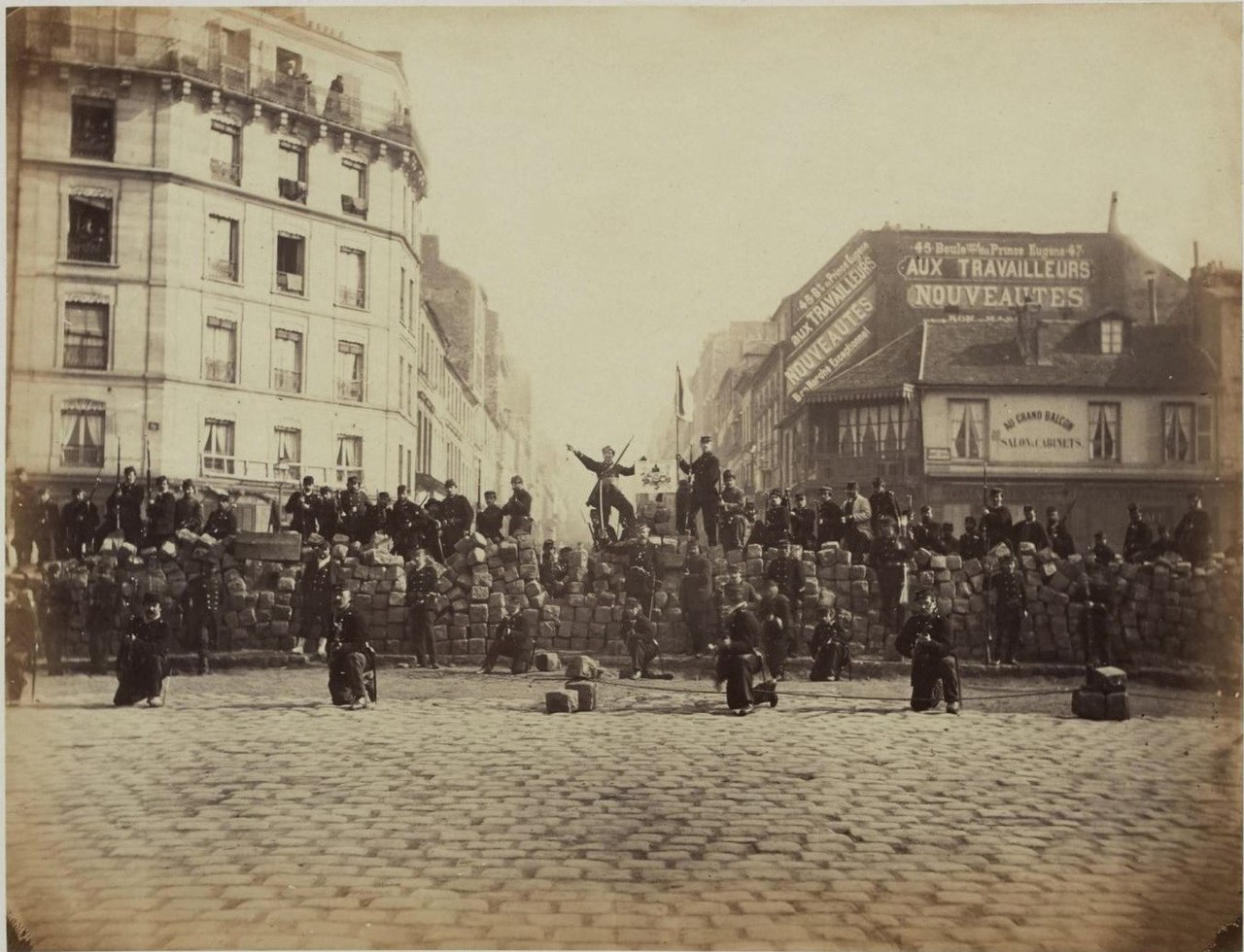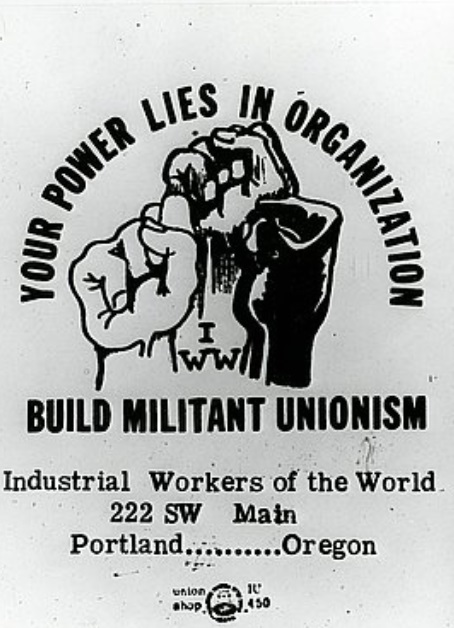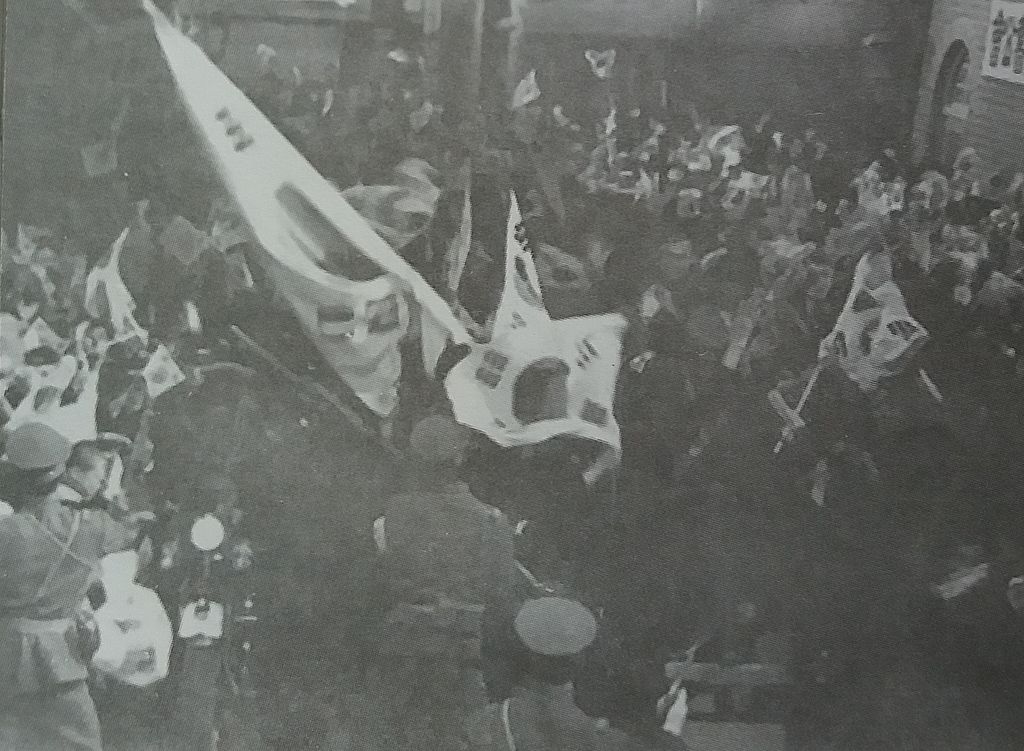Today in Labor History March 1, 1798: U.S. printers went on strike.
1800s

Today in Labor History March 1, 1871: The victorious Prussian Army paraded through Paris after the Siege of Paris. Three weeks later, on March 18, radical soldiers from the French National Guard seized control of the city and established the Paris Commune. Radical workers controlled the city for two months. They abolished child labor and gave workers the right to seize businesses abandoned by the owners. They also dismantled the police and established their own self-policing. The French army quashed the commune beginning on May 21 with the Bloody Week. During that time, they slaughtered up to 20,000 people and arrested over 43,000.
1900s-1910s

Today in Labor History March 1, 1907: The Industrial Workers of the World struck sawmills in Portland, Oregon. Earlier in the year, they held a demonstration to support Big Bill Haywood, who was on trial on bogus murder charges for the assassination of former Idaho Governor Frank Stuenenberg.

Today in Labor History March 1, 1919: The March 1st Movement began in Korea to oppose Japanese occupation and forced assimilation. There were thousands of demonstrations in many cities. The authorities brutally suppressed the protests, killing as many as 7,500 people and arresting over 45,000.
1950s-1980s

Today in Labor History March 1, 1954: The U.S. detonated Castle Bravo, a 15-megaton hydrogen bomb on Bikini Atoll. It caused the worst radioactive contamination ever by the U.S. However, this occurred after years of nuclear testing and contamination of the islands and waters around them. The U.S. detonated 23 nuclear devices on the islands from 1946 to 1958. They blew up the bombs on the reef, in the sea, in the air and underwater. They relocated islanders several times, each time to supposedly safe islands. But they neglected to provide sufficient food and water, causing starvation. When the islanders tried to catch fish to eat, or grow their own crops, they were so contaminated from radioactive fallout, that it poisoned all who ate it. Women started having miscarriages and giving birth to babies with abnormalities.

Today in Labor History March 1, 1981: Provisional Irish Republican Army member Bobby Sands began his hunger strike at HM Prison Maze. He was in prison for his role in the Balmoral Furniture Company bombing in 1976. During the hunger strike, he was elected to parliament. 10 prisoners died from starvation during the strike, including Sands. 100,000 people attended his funeral.
2000s
Today in Labor History March 1, 2005: The Supreme Court rules that it was unconstitutional to execute juveniles convicted of murder. Americans executed their first juvenile in 1642. Between then and 2005, they executed 365 people who were juveniles at the time their offense occurred. Between 1976 and 2005, the U.S. executed 22 juvenile offenders.

March 1, 2008: Armenian police killed 10 people during a peaceful protest against fraudulent elections.